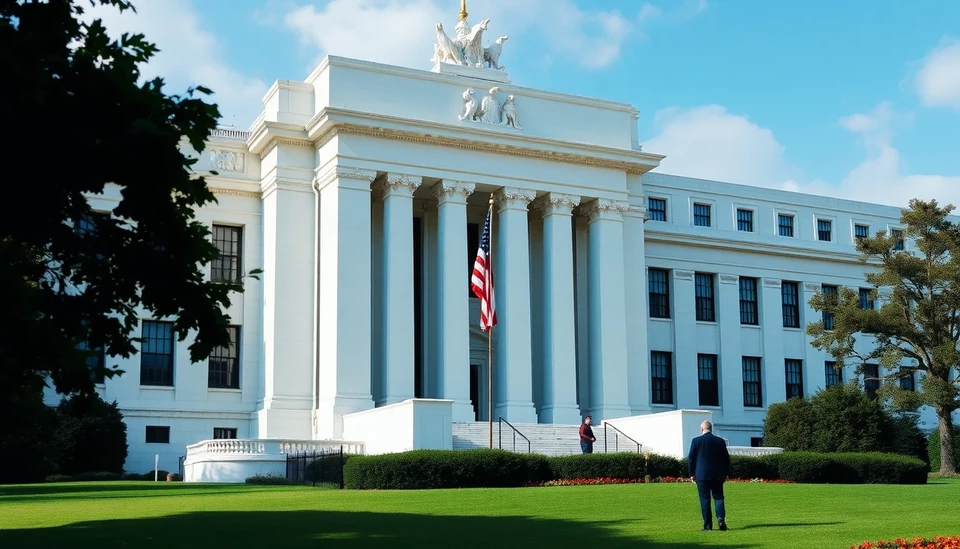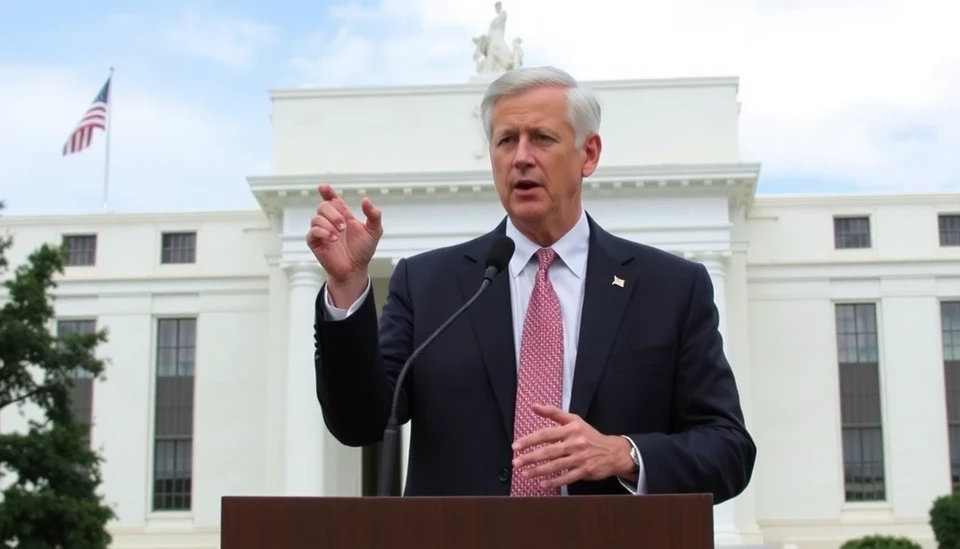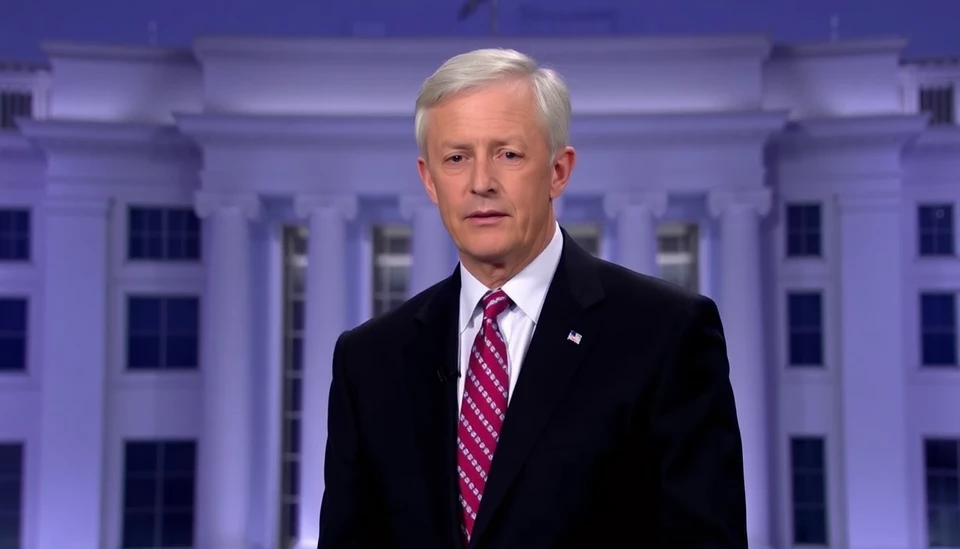
The economic landscape in the United States is undergoing significant scrutiny as the Federal Reserve deliberates on its interest rate policies in the wake of a fluctuating economy. Recent indications suggest that the Fed may maintain its current rates in the upcoming meeting, a move that is expected to influence not just financial markets but also the 2024 presidential race, particularly as former President Donald Trump re-enters the political arena.
While inflation has shown signs of easing, with the latest Consumer Price Index (CPI) reflecting modest gains, concerns linger about potential inflationary pressures that could theorize the need for higher interest rates. Upcoming economic indicators, including employment data and consumer spending, will play a crucial role in the Fed's decision-making process, as officials strive to strike a balance between stimulating growth and controlling inflation.
Analysts are closely monitoring the Fed’s tone and language in communications following its meetings, as even subtle shifts can have profound impacts on both Wall Street and Main Street. For example, if the Fed indicates a willingness to cut rates in the near future, it could spark a rally in the stock market, conversely, a hawkish tone could lead to investor caution and tight economic conditions.
In parallel to the Fed's monetary policies, the political climate surrounding the upcoming presidential election adds another layer of complexity. Donald Trump’s reemergence as a central figure in this political cycle raises questions about how his potential return to power could shape economic policies and governmental financial strategies. His administration previously enacted sweeping tax cuts and deregulation, both designed to spur economic growth, but also came under fire for contributing to widening income inequality and fiscal deficits.
As the election draws closer, Trump’s rhetoric is likely to become increasingly focused on economic successes attributed to his previous presidency. This could resonate particularly with voters in battleground states, where economic performance is often a critical determining factor during elections. Trump's narrative may also play into public sentiment regarding the Fed’s actions, as he has been vocally critical of the central bank in the past, arguing that low interest rates are necessary to foster an environment of sustained growth.
The interplay between the Federal Reserve's monetary policies and Trump's political aspirations presents a unique dynamic that could influence the economic landscape leading into 2024. The Fed may need to remain vigilant of market responses to its decisions, particularly amidst political shifts and the potential rebranding of economic narratives that could impact public perception.
As we approach the Fed’s critical meetings and the presidential election, all eyes will be on economic indicators and the politicians who interpret them. The outcomes of these developments could have lasting implications for the U.S. economy as a whole.
In summary, the decisions made by the Fed and the political strategies adopted by candidates like Donald Trump will likely dictate the trajectory of the U.S. economy in the coming months, leaving many to speculate on how these factors will converge as the nation heads toward a pivotal election period.
#FederalReserve #InterestRates #DonaldTrump #Economy #Election2024 #Inflation #EconomicPolicies
Author: Laura Mitchell




